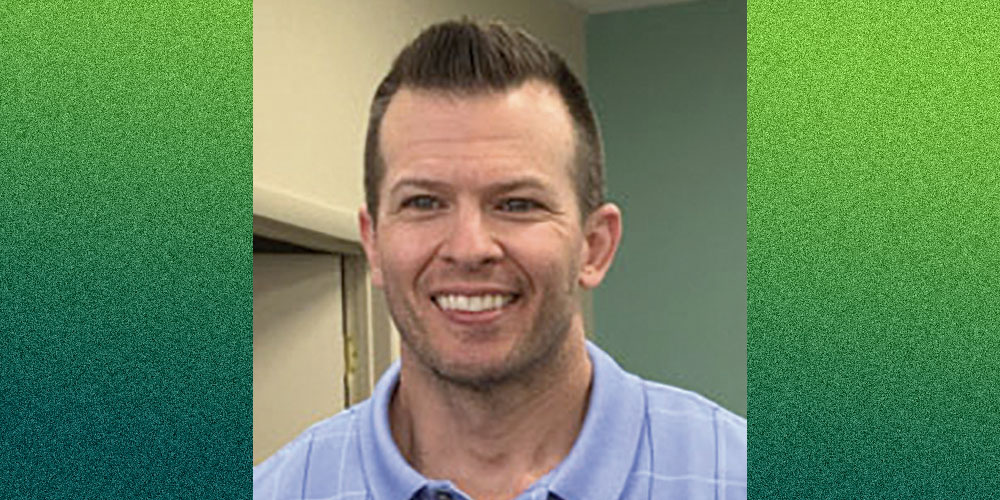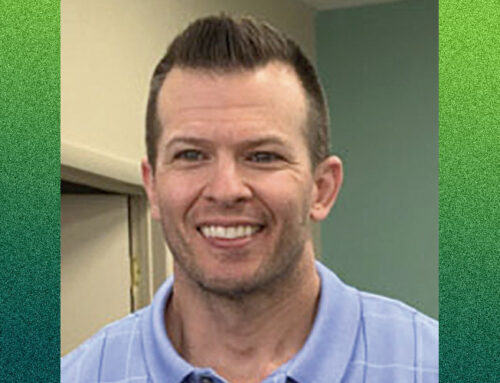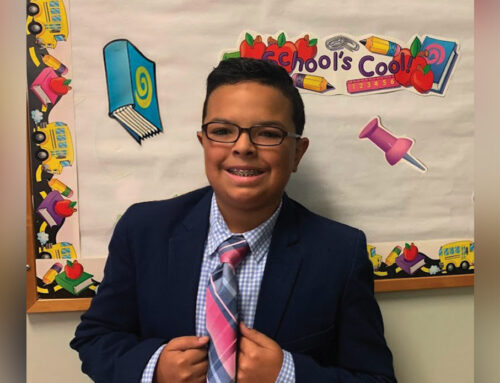By Anthony Hadzimichalis, Ed.D., Executive Director
Mental health issues have taken a seat in the front row of every classroom. Following pandemic-related interruptions, students are experiencing higher rates of depression, anxiety, stress, phobias, and grief.
One in six U.S. youth aged 6-17 experience a mental health disorder each year, but only half receive treatment. Undiagnosed, untreated or inappropriately treated, mental health conditions can significantly interfere with a student’s ability to learn, or worse.
Schools like Westbridge Academy are in a unique position to help. Students spend more than five hours a day in school, so school leaders have an opportunity and responsibility to identify, help prevent, and provide care for students with mental illness. According to data from SAMSHA, youth are almost as likely to receive mental health services in school as they are from a specialty mental health provider.
Here, school-based mental health services are delivered as part of a comprehensive program by trained, credentialed and well-supervised professionals. Our services remove obstacles to care such as language barriers (many of our counselors are native Spanish-speakers), transportation, scheduling conflicts, and stigma. We can take time to build and maintain relationships with families and the communities they live in. We coordinate with local providers and work with medical professionals around medication issues, when appropriate. And because we know our students so well, we can help identify those experiencing more serious challenges, and refer them to intensive services when necessary.
We also can help prevent a mental health crisis by providing comprehensive, wrap around services. We teach students skills they need to manage the challenges they face, and we support them in their efforts to use those skills in school and at home.
Two years ago, the pandemic forced schools to make major changes to keep our students physically safe. Now, school leaders must make major changes to keep them emotionally safe and healthy. n
Anthony Hadzimichalis, Ed.D.
Executive Director









